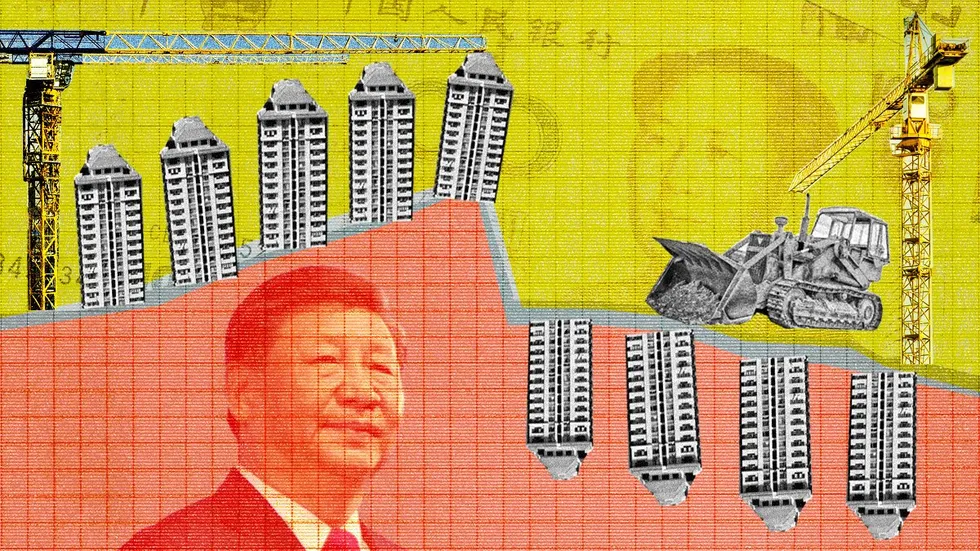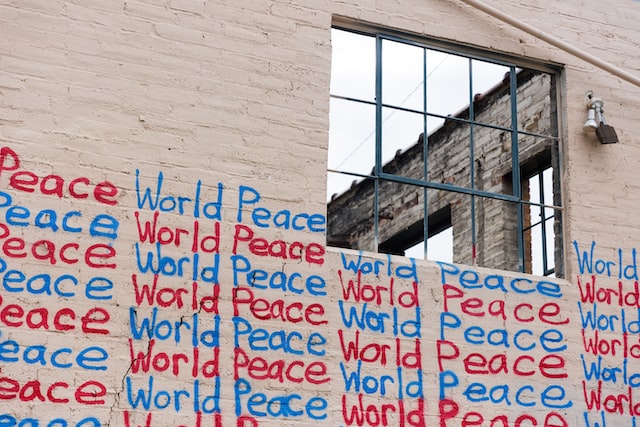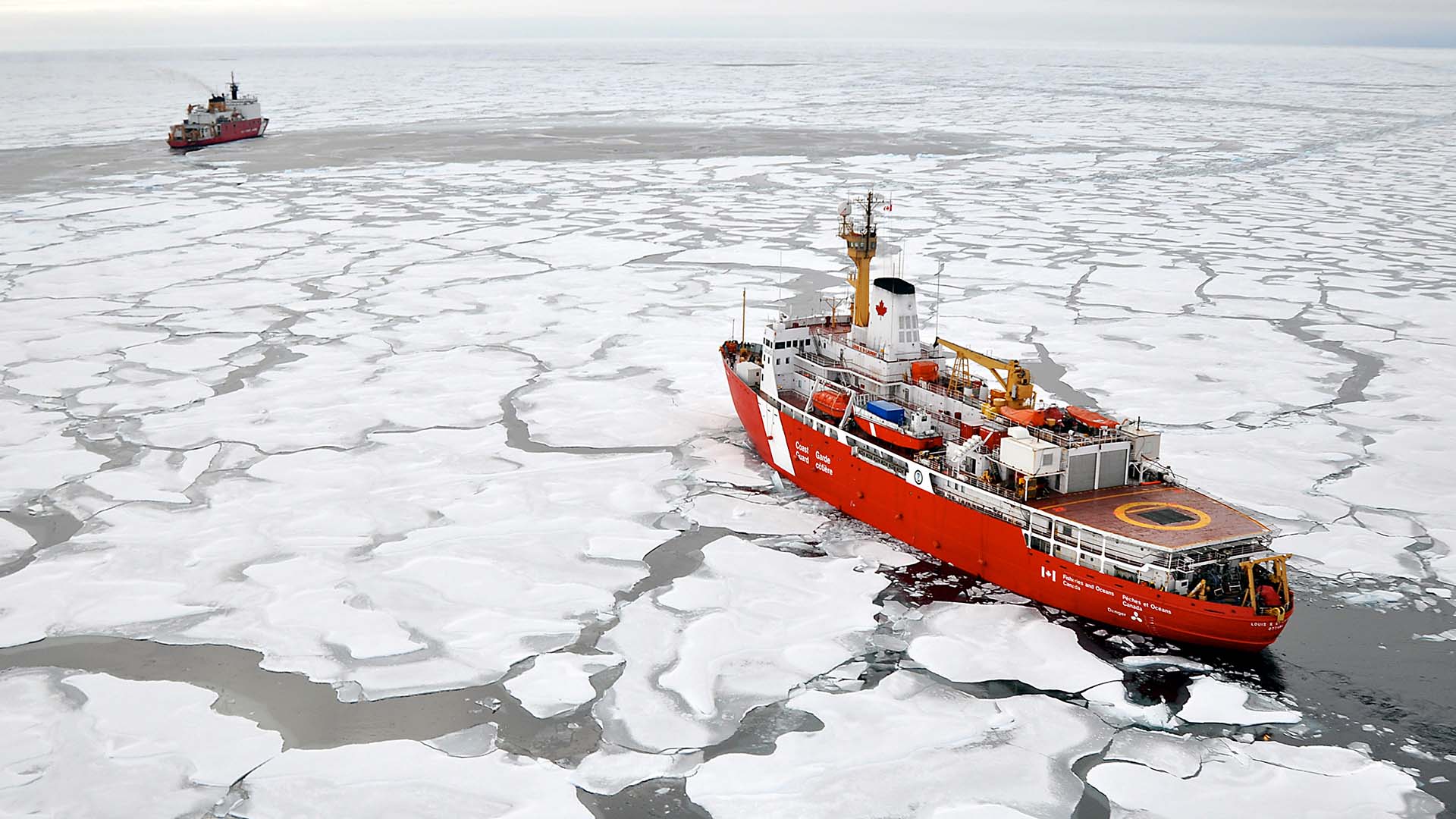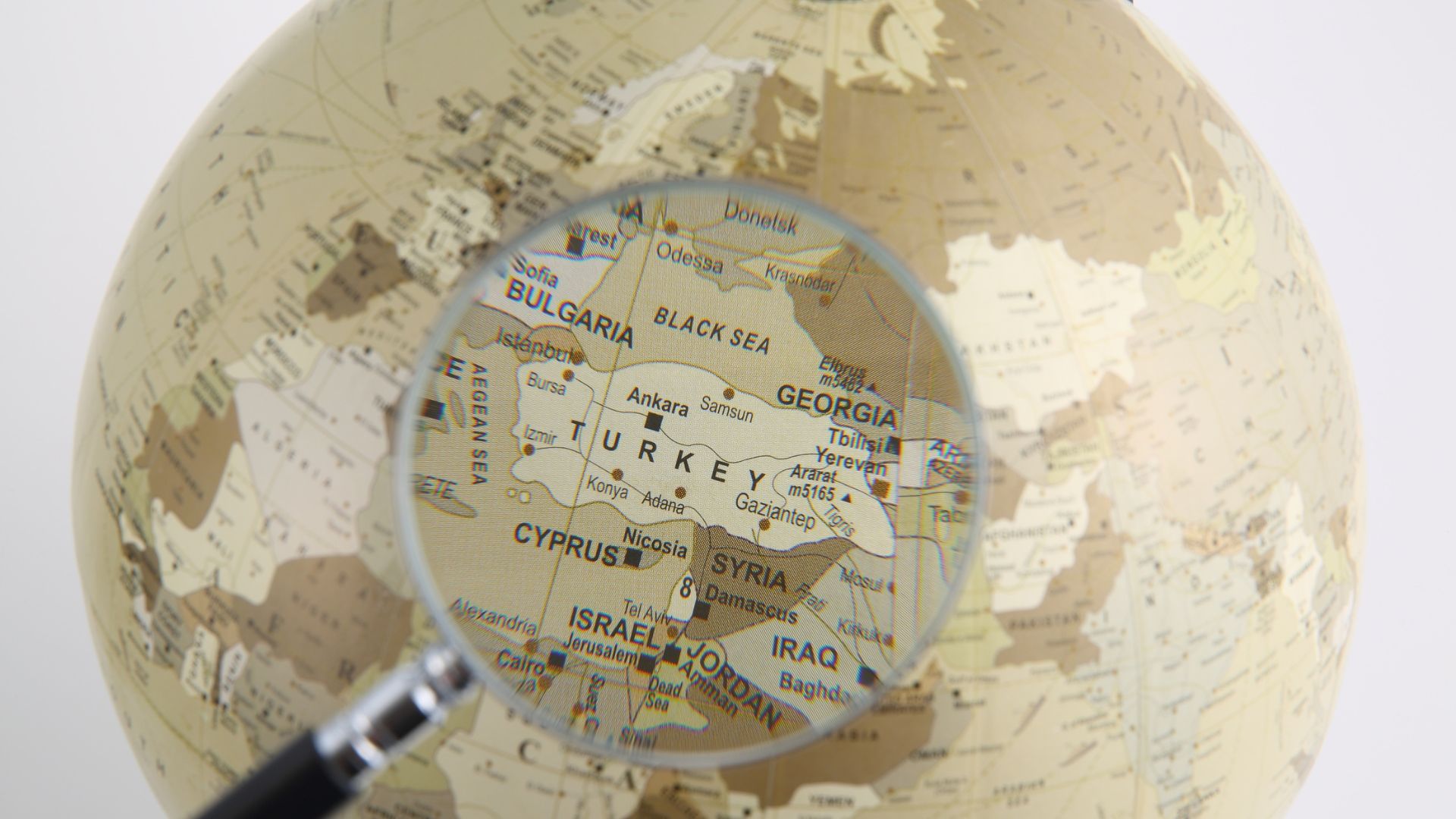In a recent policy document entitled “China’s Position on Certain Issues Concerning China-U.S. Economic and Trade Relations,” the Chinese government outlined not just its perspective on trade tensions with the U.S., but a broader vision for a new global economic order. Beyond a bilateral grievance, the document reflects Beijing’s ambition to reshape international trade norms, strengthen its leadership credentials among developing nations, and portray itself as a stabilizing force in an era of Western inconsistency.
This message is especially resonant for middle powers like Türkiye—navigating a delicate balance between East and West. Ankara seeks economic resilience, geopolitical autonomy, and diversified partnerships. Yet China’s rising influence and Washington’s increasingly binary strategic logic raise a pressing question: What happens if the United States no longer tolerates hedging?
Let us first examine the key dimensions of China’s message—before exploring what is arguably the most sensitive scenario for Türkiye: being forced to choose.
1. China Recasts Itself as a Responsible Global Actor: Beijing criticizes the U.S. for violating trade agreements and pursuing unilateral protectionism, attempting to position itself as a principled, rules-abiding stakeholder. This framing appeals to countries seeking predictability in their trade partners and legitimacy in multilateral forums like the WTO. China wants the world to see its economic rise not as a threat—but as an alternative foundation for global governance.
2. Dialogue, But On Equal Terms: While Beijing leaves the door open for cooperation, it stipulates that engagement must be on “equal footing.” This is a veiled pushback against decades of Western dominance in global negotiations. For Türkiye, this aligns with its own diplomatic culture of mutual respect and non-alignment—at least in theory.
3. U.S. Pragmatism vs. Strategic Containment: Despite pressure from American businesses for a reset with China, Washington is increasingly driven by strategic concerns such as technological supremacy, military competition in the Indo-Pacific, and global influence. This hardline stance undermines the chances of meaningful de-escalation, at least in the near term.
4. WTO and Normative Shifts: China’s public embrace of WTO principles and multilateralism marks a calculated shift. It is now using the very rules once imposed upon it to project leadership—especially among developing nations disillusioned with Western hypocrisy. This creates both an opportunity and a dilemma for countries like Türkiye, which still depend on the Western system but are tempted by emerging alternatives.
What Does This Mean for Türkiye?
For Ankara, the stakes are high. China’s narrative intersects with Turkish interests in several ways: Economically, it opens space for structured trade agreements, investment in free zones, and local currency transactions. Strategically, it supports Ankara’s multipolar worldview and independent diplomacy. Diplomatically, the language of mutual benefit and equality mirrors Türkiye’s own principles in its engagement with both East and West. But these opportunities come with risks—especially if the U.S. takes a hardline stance, which seems to be the case. What If the U.S. Forces a Choice? In a world sliding toward bipolarity, the greatest risk for Türkiye would be facing a Washington ultimatum: “You’re either with us, or with them.” Such a scenario would carry serious consequences:
1. Economic Disruption: The U.S. remains a critical trade and investment partner for Türkiye and a central node in the global financial system. Sanctions, market access restrictions, or financial isolation could cripple Turkish exports, deter Western investors, and pressure the already fragile Turkish lira.
2. Security Dilemma: As a NATO member, Türkiye’s security architecture is deeply embedded in the Western alliance. A confrontation with the U.S. could escalate beyond economics—potentially affecting intelligence cooperation, defense technology transfers, and regional stability arrangements, particularly in the Eastern Mediterranean and Syria.
3. Geopolitical Isolation Risk: Choosing China over the U.S. would not guarantee automatic integration into an alternative order. While Beijing is an emerging power, it does not yet offer the same security umbrella, soft power, or institutional embeddedness as the transatlantic system. Türkiye could find itself trapped between a retreating West and a noncommittal East.
4. Domestic Political Polarization: A forced choice would sharpen internal divisions within Türkiye—between pro-Western elites, Eurasianists, nationalists, and economic pragmatists. This polarization could paralyze decision-making and deepen governance challenges at a time when Türkiye needs cohesion and clarity.
Can Türkiye Navigate This Pressure?
Yes—but only through a carefully calibrated strategy. Türkiye must:
• Institutionalize its economic ties with China in ways that do not overtly challenge Western interests
• Maintain strategic ambiguity, engaging with BRICS+, the SCO, and Belt and Road without formal alignment
• Reaffirm its NATO commitments, even while pursuing autonomy in trade and technology
• Invest in domestic economic resilience, reducing dependency on any single power bloc
In short, Türkiye’s best defense is a proactive policy of equidistance—backed by diversified markets, regional influence, and credible leadership in global south diplomacy.
Conclusion: Between Two Giants
China’s latest economic messaging is not just a rebuttal to the U.S.—it is an invitation to countries like Türkiye to help shape a new global order. However, the promise of multipolarity is complicated by the enduring power of the U.S. , especially when that power becomes coercive. If Türkiye is forced to choose sides, the cost will be high—whichever direction it turns. But if Ankara can preserve its delicate balancing act, it may yet emerge not just as a bridge between East and West but as a central actor in the architecture of a new global age.
Easier said than done.








